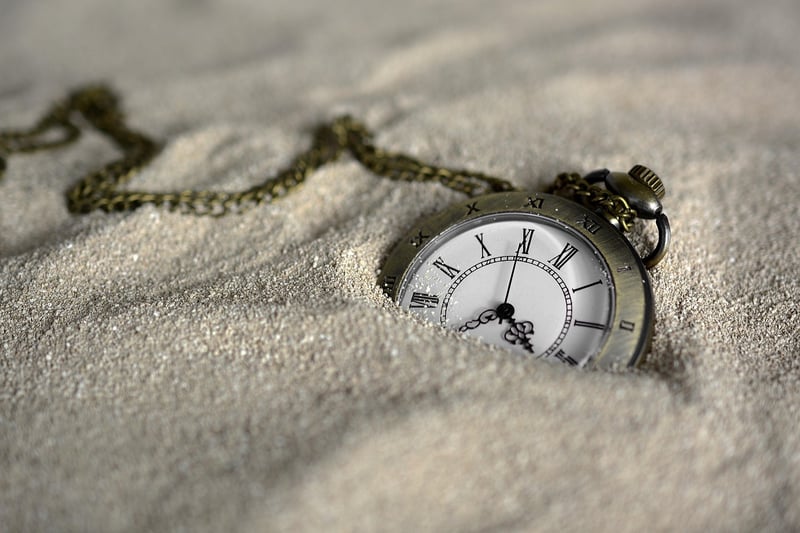Temporal Paradoxes
The Intersection of Moral Considerations and Temporal Paradoxes
When it comes to time travel, the concept of temporal paradoxes often raises intriguing questions about the intersection of ethics and the consequences of altering the past or future. Let's delve into the moral considerations associated with temporal paradoxes and explore the implications of meddling with the fabric of time.
Understanding Temporal Paradoxes
Temporal paradoxes, such as the famous grandfather paradox or the bootstrap paradox, occur when the very act of time travel results in contradictory or illogical outcomes. For instance, the grandfather paradox poses the question: what happens if you travel back in time and prevent your grandfather from meeting your grandmother, thus preventing your own birth?
These paradoxes challenge our understanding of cause and effect, free will, and the nature of reality itself. They also highlight the ethical dilemmas that arise when individuals have the power to alter the course of history.
The Moral Quandaries
One of the primary moral considerations in dealing with temporal paradoxes is the impact of one's actions on the timeline and the lives of others. Changing events in the past can have far-reaching consequences, potentially leading to unintended harm or erasing the existence of individuals and entire civilizations.
Furthermore, questions of responsibility and accountability come into play when individuals knowingly alter the past for personal gain or to avert perceived disasters. Should one prioritize their own desires over the well-being of others, even if it means altering the course of history?
Ethical Guidelines for Time Travel
As we ponder the moral implications of temporal paradoxes, it becomes essential to establish ethical guidelines for time travelers. Respect for the timeline, the preservation of historical integrity, and a commitment to minimizing harm should guide one's actions when engaging in temporal journeys.
- Avoid altering significant historical events that may have widespread repercussions.
- Consider the ripple effects of your actions on the lives of others before making changes to the past.
- Strive to maintain a balance between personal interests and the greater good of humanity.
Conclusion
The exploration of moral considerations within the realm of temporal paradoxes opens up a fascinating dialogue on the ethical responsibilities associated with time travel. By reflecting on the potential consequences of altering the past or future, we gain a deeper appreciation for the delicate balance between personal agency and the interconnectedness of all events in the spacetime continuum.
Remember, with great power comes great responsibility, especially when it involves navigating the intricate tapestry of time itself.

Image source: Pixabay
